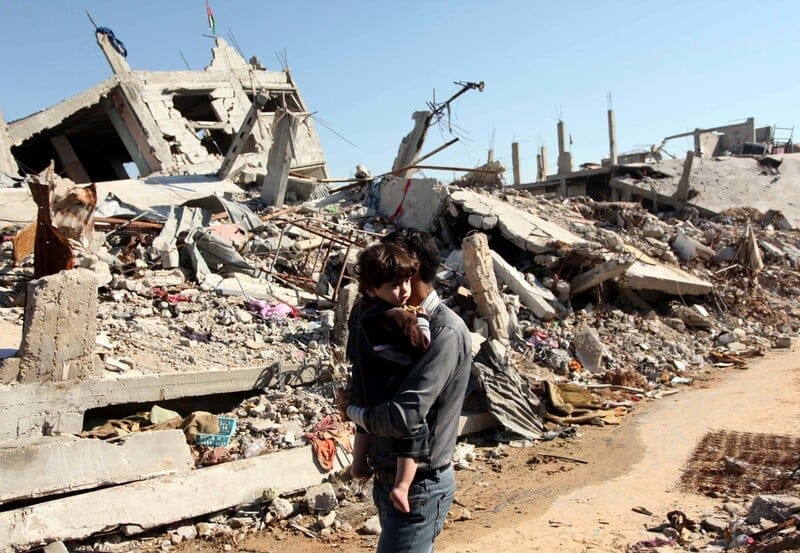Egypt has renewed diplomatic efforts to mediate a temporary halt to the Gaza conflict, unveiling a proposal for a 60-day truce aimed at facilitating humanitarian access and securing the release of Israeli hostages.
Foreign Minister Badr Abdelatty confirmed the development on Sunday during a live broadcast on local station OnTV, stating that Egypt, alongside Qatar and the United States, is working on what he described as a “first step” toward a comprehensive ceasefire.
“The plan on the table calls for a two-month pause in fighting to allow the release of a number of Israeli hostages and the immediate flow of humanitarian supplies, including medical aid, into Gaza,” Abdelatty said.
The proposal is rooted in a broader framework negotiated earlier this year on January 19, a three-stage agreement initially intended to end Israel’s military campaign in the enclave. However, that accord collapsed when Israeli operations resumed on March 18.
Abdelatty emphasized that while the latest initiative is limited in scope, it is designed to build momentum toward a durable peace. He stressed that any future deal must include mechanisms to prevent further escalation.
“There’s a shared understanding, especially from the American side, that enforceable guarantees must be embedded in any new agreement to uphold its integrity,” he noted, warning that renewed aggression could destabilize the region further.
Since the conflict reignited in October 2023, Gaza has endured relentless bombardment, with over 56,000 Palestinians—mostly women and children—reported killed. The humanitarian crisis has drawn global scrutiny.
The situation has also prompted legal action on the international stage. In November, the International Criminal Court issued arrest warrants for Israeli Prime Minister Benjamin Netanyahu and former Defense Minister Yoav Gallant, citing war crimes and crimes against humanity. Meanwhile, proceedings are ongoing at the International Court of Justice, where Israel faces accusations of genocide.
As Egypt attempts to revive dialogue, the eyes of the world—and of Africa—remain fixed on whether diplomacy can succeed where past efforts have failed.



